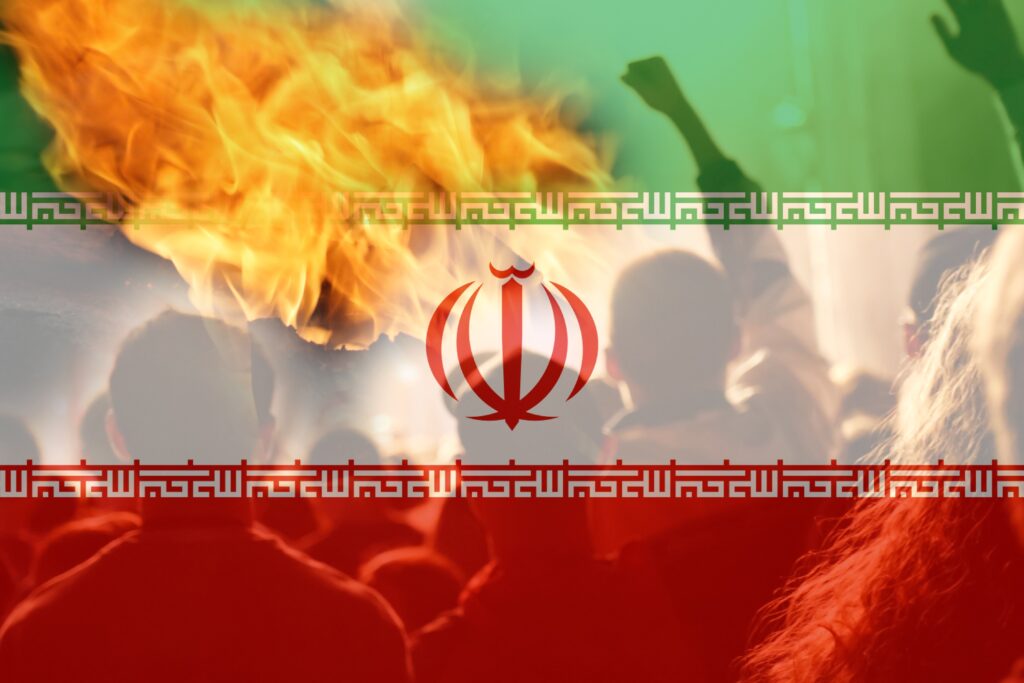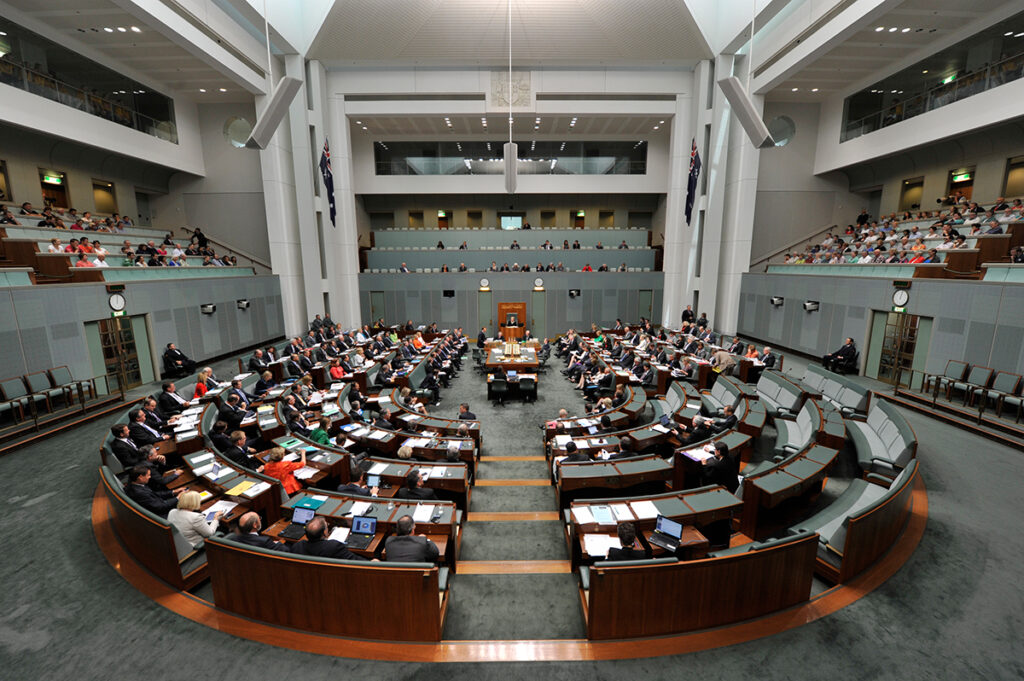IN THE MEDIA
Asia ahead in courting hi-tech Israel
May 23, 2013 | Colin Rubenstein

Colin Rubenstein
The Australian – May 23, 2013
ISRAELI Prime Minister Benjamin Netanyahu’s recent visit to China was revealing. Despite Chinese criticism of alleged Israeli airstrikes on arms shipments in Syria, Beijing arranged a program that strongly hinted it regards Netanyahu as an important visitor.
In addition to the standard protocol for visits from heads of government – meetings with President Xi Jinping and Premier Li Keqiang at the Great Hall of the People with full military guard – Netanyahu was invited to hold a live chat with Chinese citizens on Xinhua’s website, and gave a speech at the Central Party School, the main academic institution that trains the Communist Party’s future leaders. These less common gestures highlight a desire to reach out to a foreign leader.
The welcome mat put out for Netanyahu in Beijing is part of a growing trend across east, south and southeast Asia. Israel’s reputation as the “start-up nation” – a dynamic economy centred on hi-tech, innovation and entrepreneurship – is causing regional leaders to sit up and take notice. Israeli leaders – long focused on the US and Europe – are starting to make the Asian region a new priority.
In all of this, the Arab-Israel conflict – what most people think about in relation to Israel – plays only a minor part.
It is true that China is interested in being more active as a potential broker in relation to the Israel-Palestinian conflict, symbolised by inviting Palestinian Authority president Mahmoud Abbas to visit just before Netanyahu. But Abbas was reportedly given less “face time” with key Chinese leaders and his visit a lower profile in the Chinese media. China may want to play a role in promoting Israeli-Palestinian peace, but, regardless of whether that is achievable, Chinese leaders know that Israeli-Chinese trade and economic co-operation is highly valuable and only likely to become more so.
Netanyahu concluded his visit to China having signed a $US400 million ($408.5m) trade agreement. China followed up the Netanyahu visit by announcing that the University of International Business Economics had decided to create a new department of “Israeli economics and Judaism” dedicated to the study of Israel’s economy, technology and business culture. This follows classes established at the University for Foreign Affairs in Beijing over recent years on Hebrew and Israeli culture.
Since Israel and China established diplomatic relations in 1992, trade between them has expanded almost 200 times to $US9.91 billion last year. “If we offer a marriage between Israeli technology and Chinese manufacturing and global marketing capabilities, we can have a winning combination,” Netanyahu said in Shanghai. Beijing apparently agrees, with Chinese ambassador to Israel Gao Yanping echoing these sentiments in the Jerusalem Post.
But Israel’s regional economic ties extend beyond China to South Korea, Japan, Singapore, Vietnam, Mongolia, Cambodia, Laos, Nepal, India, Sri Lanka and other countries. While some connections date back more than 50 years – as in the case of Myanmar, Thailand and The Philippines – these relationships are today growing at an unprecedented rate. Even in countries with no diplomatic relations with Israel, such as Indonesia, there are growing ties, albeit indirectly.
Israel is also negotiating a free trade agreement with India that could lift annual trade volume between the two from $US5bn to $US15bn. Israel’s defence trade with India is about $US9bn. Tourism is also growing, with South Koreans and Indians visiting Israel in substantial and increasing numbers. Israel’s two-way trade with the Association of Southeast Asian Nations has reached $US28bn and exports to Asia continue to grow. They’re about 22 per cent of the Israeli total.
Asian nations are recognising that Israel excels in innovation in a variety of areas of particular interest, including water conservation, irrigation methods, agriculture, medicine, communications and hi-tech.
Israel has also gained a reputation for groundbreaking entrepreneurship, pioneering technologies, profitable business opportunities and high investment returns. The Wall Street Journal magazine recently ranked Tel Aviv as the world’s second “most innovative city”, qualities recently singled out by business mogul and philanthropist Warren Buffett. Following his acquisition of the Israeli company Iscar, he said: “Israel is a good place for investment because of its people. There is no other place like it on earth where you can find people with such qualities.”
Smart Australian companies are, and should be, looking for ways to leverage Israeli economic presence in our region.
Colin Rubenstein is executive director of the Australia-Israel & Jewish Affairs Council.





